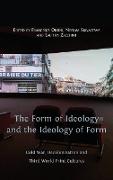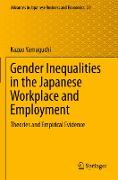For the City as a Whole: Planning, Politics, and the Public Inter
BücherAngebote / Angebote:
For the City as a Whole is an attempt to understand the actions of civic leaders by linking their public statements and actual responses to problems to their perceptions of the city and what it might become. Robert B. Fairbanks argues that for much of the first half of the century, civic leaders and government officials thought of Dallas as a unit, something greater than the sum of its parts. Therefore, they consistently employed strategies that emphasized the needs of the city as a whole over the needs and desires of particular groups or neighborhoods. Fairbanks is interested in looking again at an era when public discourse emphasized the current and long-term good of the city, as opposed to the needs of its inhabitants.Fairbanks is not nostalgic, he deals openly with the fact that city leaders in Dallas were part of a white elite, and that the poor of the city (black, white, and Hispanic) did not benefit from city government as much as the downtown businesses did. But he argues that public policy priorities were directly linked to a shared definition of the city.Building on previously untapped sources, including minutes and reports of the Dallas Citizens Council, For the City as a Whole provides a new and unprecedented examination of the city's civic leadership in the twentieth century. The book also traces the decline of the city-as-a-whole discourse since the 1950s and explores how a new notion of the public interest reshaped the city's planning and political activities. Although the book focuses on the Dallas experience, it concludes that the city's response to the national dialogue of planning and politics suggests a need to rethink our traditional interpretations of urbandevelopment.
Folgt in ca. 15 Arbeitstagen




